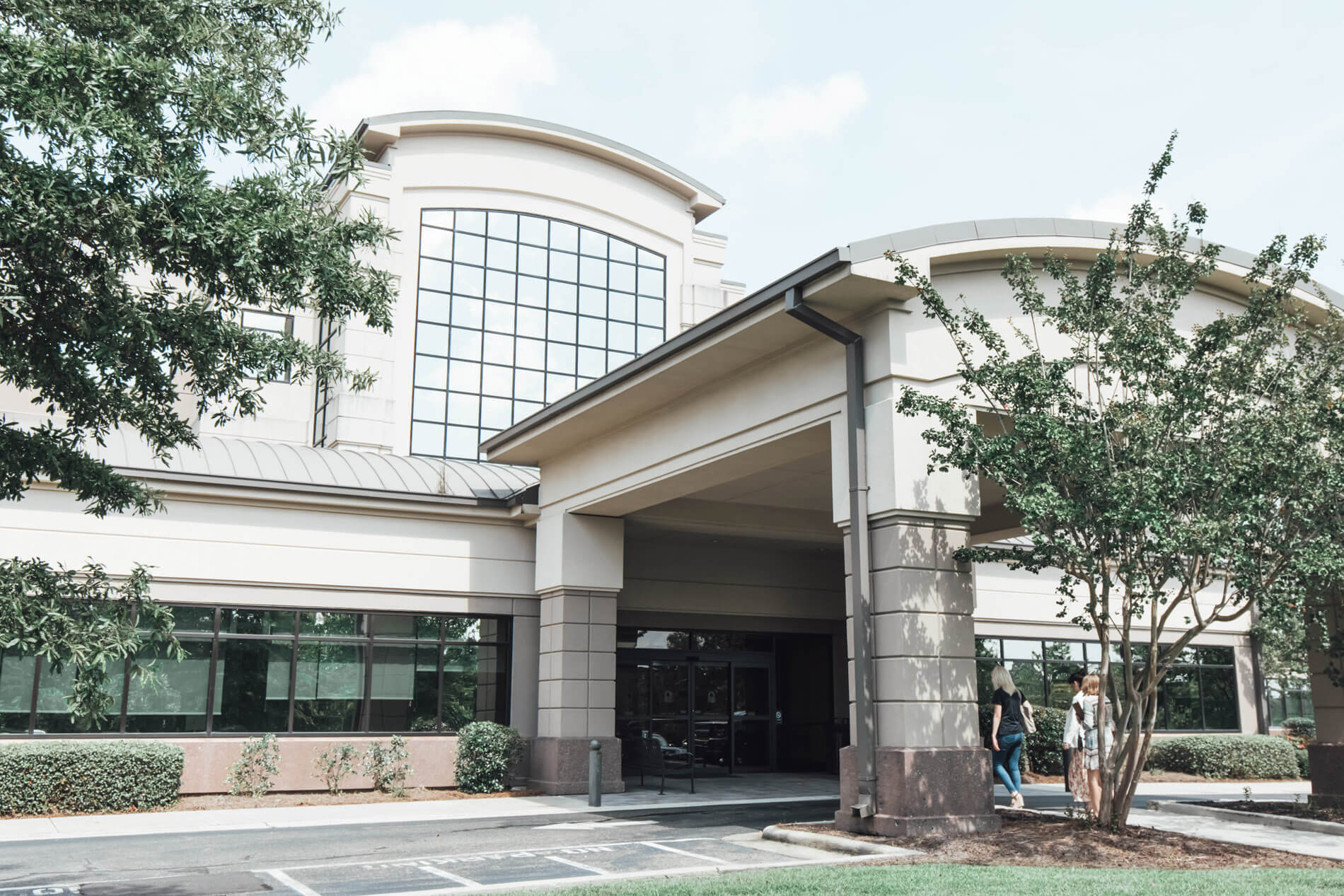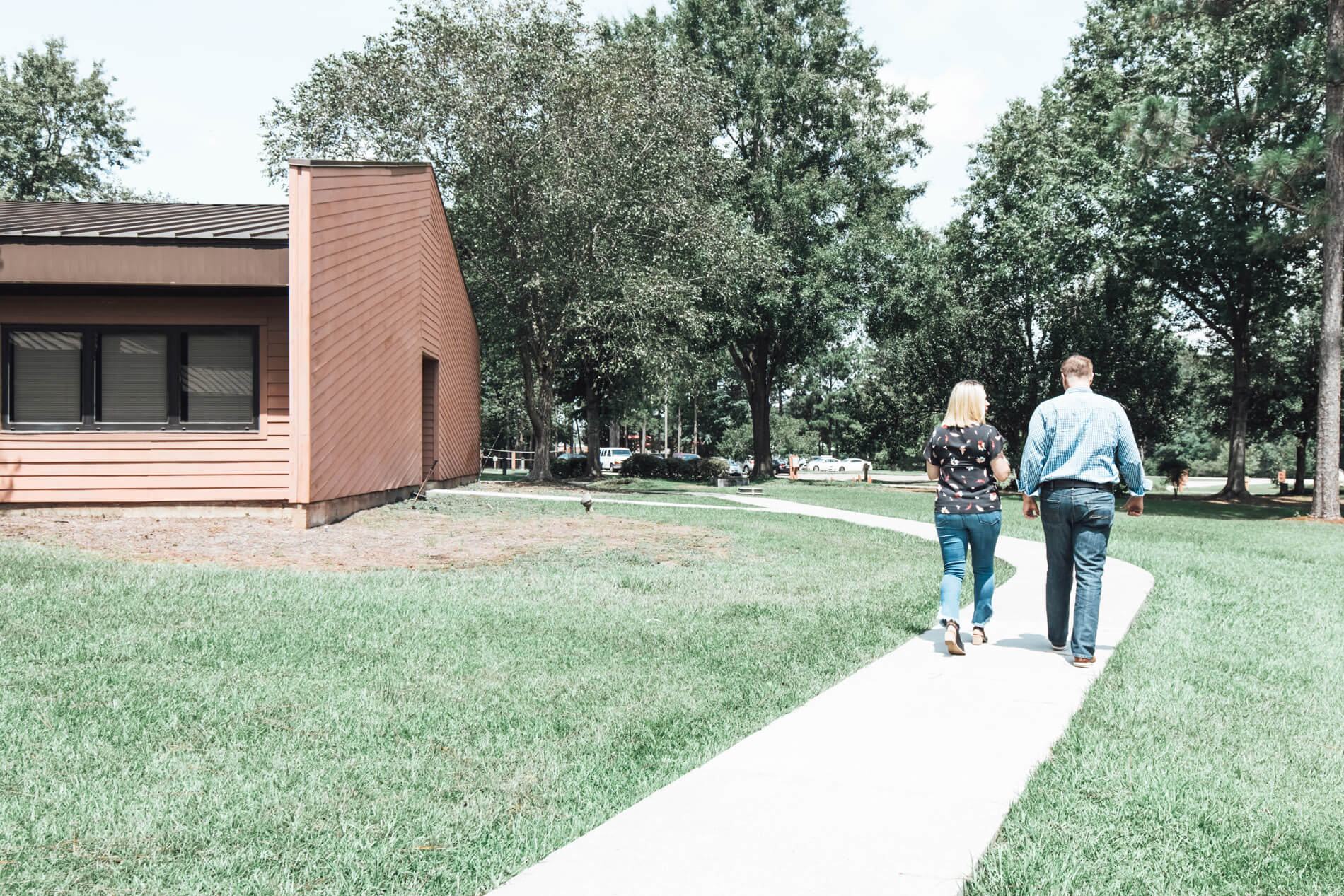Drunkorexia: What You Should Know
College students are a demographic heavily affected by both binge drinking and disordered eating. At times, these behaviors may combine to create something even more dangerous.
The slang term “drunkorexia” refers to the pattern of restricting one’s eating or binging and purging in order to make room for calories from alcohol. These actions often stem from concerns about the calories associated with the binge drinking common to college party scenes – students will skip meals or purge before going out on the weekends. But is drunkorexia really as harmless as collegians believe?
Eating Disorder Meets Dysfunctional Drinking
Because it is not an officially recognized diagnosis, the definition of drunkorexia varies depending on the source. However, the basic criterion is that someone engages in unhealthy compensatory behaviors (such as restricted eating, over-exercise, or purging) in order to amplify the effects of alcohol or offset the caloric intake associated with it. Patterns of disordered drinking may also emerge in order to cope with the stresses of an eating disorder – feeling anxious about food intake, being unable to eat in social situations, and worrying about one’s appearance may all push one to drink in excess.
While this disorder first entered public consciousness around ten years ago, it appears to be relatively common among young adults worldwide. Studies of adolescents in Italy, Australia, France, and America confirm that a significant number of those surveyed had restricted food or caloric intake before drinking within the past month.
Some researchers have asserted that drunkorexia can help to explain “incongruous alcohol-activity association” found in past studies. While many people assume that drinkers would overall be unhealthier than non-drinkers, research has actually found that drinkers exercise more than their peers who abstain altogether. Drunkorexia and its associated desire to “undo” the caloric impact of alcohol provides a clear explanation for this discovery. In fact, one recent study of more than 25,000 university students found that binge drinkers were more likely to engage in regular exercise, but they were also more likely to engage in a variety of eating disordered behaviors.
Signs of Drunkorexia
While binge drinking is common to both men and women, drunkorexia is much more common in women – particularly those who are college-aged. They are pressured to participate in college drinking culture, but there is equal demand to remain slim and avoid gaining weight. One study found that the practice of reserving calories for drinking was three times more common in women than in men.
Put simply, drunkorexia is a combination of an alcohol use disorder and a pattern of restricted eating or binge eating. If your loved one exhibits any of these behaviors, consider seeking professional help.
Symptoms of drunkorexia may include:
- Counting calories, especially when planning to go out later in the night
- Missing or purposefully skipping meals to conserve calories for alcohol
- Over exercising to offset the calories consumed in alcoholic beverages
- Consuming an excessive amount of alcohol to vomit up previously digested food
Is Drunkorexia Dangerous?
Many college students perpetuate this cycle of behavior without giving a thought to how truly devastating it can be to the body. Drinking while malnourished can cause someone to more easily black out, injure themselves, become ill or violent, or experience alcohol poisoning. When individuals drink on an empty stomach, alcohol is metabolized faster and one’s blood alcohol content increases at a dangerous speed. This increases the risk of alcohol-related brain damage. In general, binge drinking can seriously affect hydration levels and retention of minerals and nutrients, which are already issues for those with eating disorders and which can create lasting damage.
Researchers from the University of South Florida argued that this disorder should be taken seriously, and that it is more than a co-occurrence of an alcohol use disorder and an eating disorder. They say that the motivations for each of these behaviors cannot be easily disentangled – they are intertwined and complex. Instead, these scientists recommend giving drunkorexia a more official title: Food and Alcohol Disturbance (FAD).
Help for Drunkorexia / Food and Alcohol Disturbance
If you suspect that you or someone you love has developed disordered eating and drinking habits, we encourage you to reach out for professional help as soon as possible. Pine Grove specializes in the simultaneous treatment of co-occurring alcohol use disorders and eating disorders. Our expert staff members have years of experience with unraveling the traumas and thought patterns that motivate health concerns like drunkorexia. Call 1-888-574-HOPE (4673) to learn more about our Women’s Center today.







